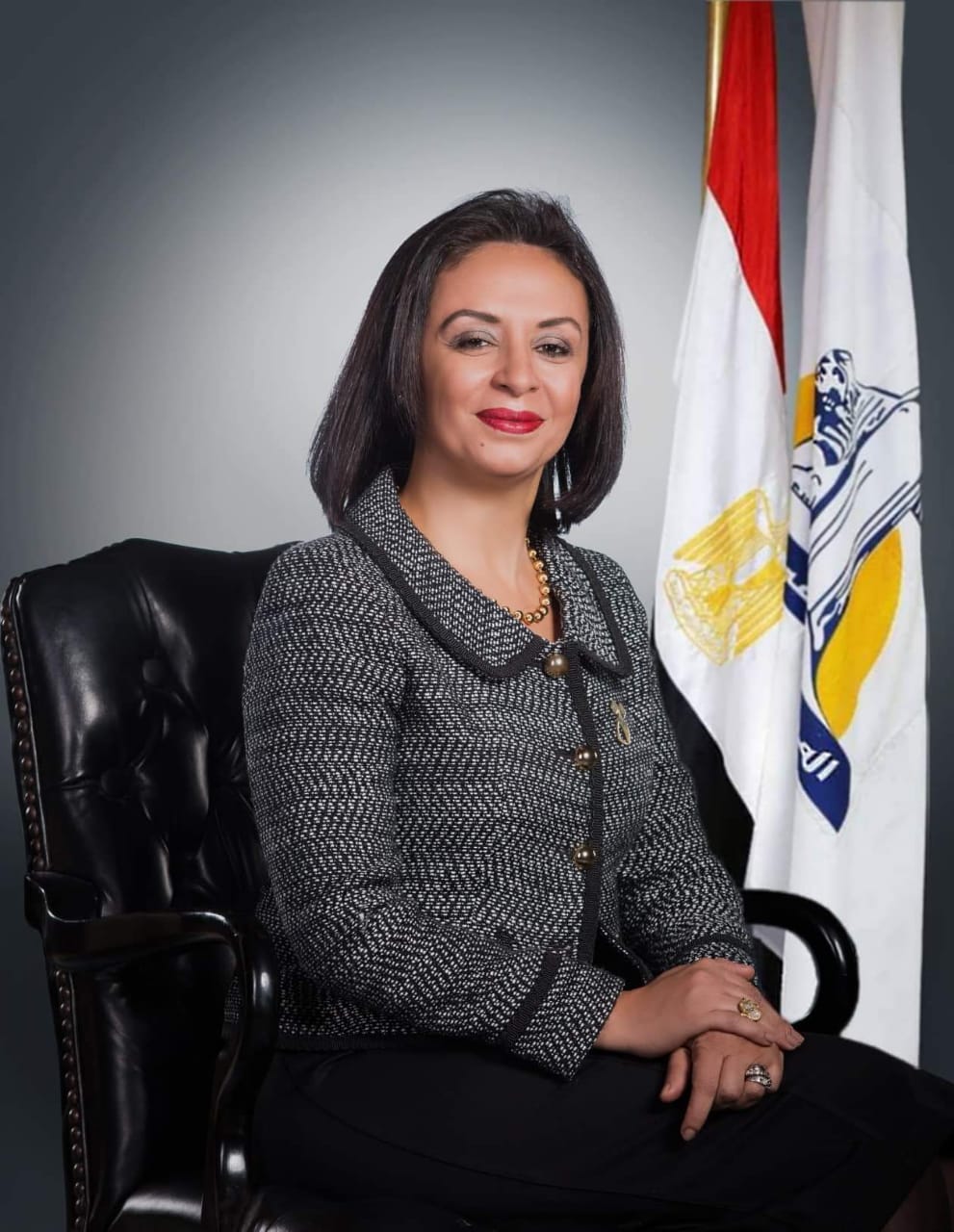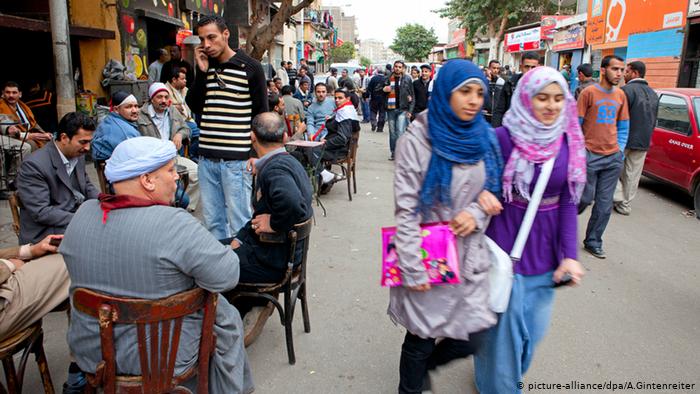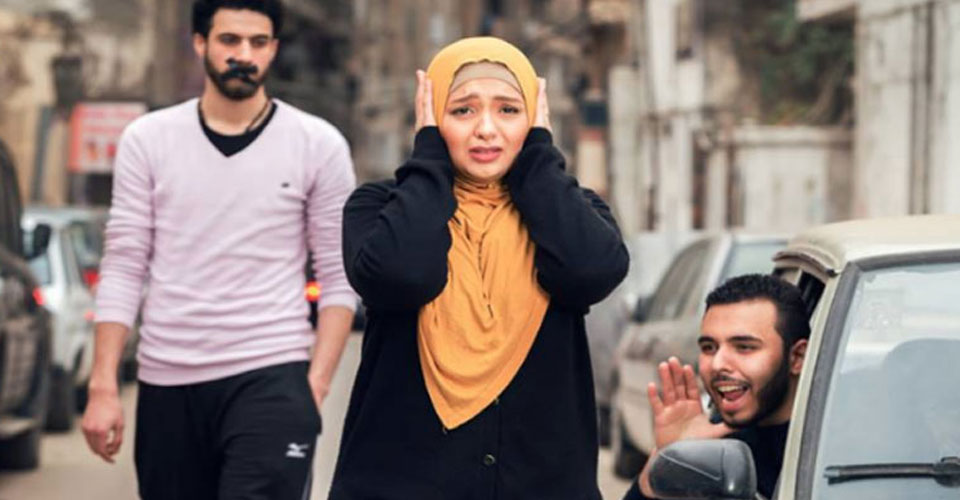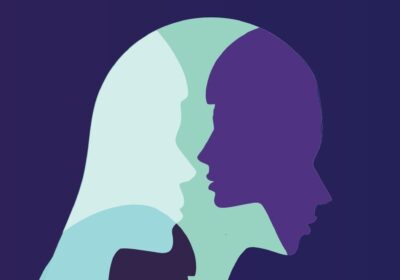The American University in Cairo (AUC) hosted Maya Morsy, the president of Egypt’s National Council for Women (NCW) to talk about the current conversations regarding combating sexual harassment in Egypt’s #MeToo movement, and the AUC President Francis Ricciardone to talk about university policies on July 21.
Moderated by Amina Khairy, a writer, columnist and feature editor at Independent Arabia, the virtual event was in light of all the women and young girls who came forward, both on social media and officially in formal, legal complaints, to accuse the infamous Ahmed Bassam Zaki. This is mainly because the story of combating sexual harassment in Egypt has surpassed just this case, it is rather the story that broke the camel’s back paving the way for Egypt’s #MeToo, alongside and supported by the NCW.
“Despite the fact that over the past few years there have been several attempts to combat sexual harassment, I should say, there was a tendency, maybe culture or societal pressure, to downplay the reasons…It’s no secret that women are the ones who carry the burden of sexual harassment and sometimes they are even blamed for it,” explained Khairy.
Laws, Policies & The Rights Women Have

Dr. Maya Morsy
But the tables are turning with recent governmental decisions when the Egyptian cabinet approved that the identity of sexual assault victims could remain confidential, and when Al Azhar also came into the scene to support victims, encouraging them to come forward and that choice of clothing is no excuse for harassment.
“There is a strong political will from the president downwards to the protection of Egyptian women and girls, and from the general prosecutor at large,” said Morsy.
While much of the battle began on social media, it has now reached policy makers and government.
Morsy explained that for laws related to rape and sexual violence, particularly an attack on minors (below 18), there is a sentence of almost 25 years or life imprisonment. She added that indecent assault by force (against a minor as well), “by someone in charge or is a guardian or has authority over the victim in terms of work or educational institution, the penalty is even bigger”.
When it comes to indecent assault without force, Morsy said that there are three elements: acts of indecency against the victim, the criminal intent, and the age of the victim. “The age of the victim is repeated across laws because of consent. When we say [there was content] of someone below 18, this is not considered consent.”
Awareness of Laws to Protect Egyptian women
“A lot of women and young girls do not know that Egypt has a legislative umbrella for protection. Egypt has a constitution that states clearly in Article 11 that the state commits to the protection of women against all forms of violence,” said Morsy.
She added to explain that the legislative agenda includes laws against abuse, abduction, rape, sexual harassment, and assault. There are articles related to sexual harassment that have been amended in 2014. But a major part of the issue is lack of awareness surrounding these laws in the first place.

Photo from DW
“With legislative amendments that are happening now, and those before the issue arose on public media, we realize that not a lot of women know these laws exist. And because they don’t know, they are more afraid of speaking up and reporting a complaint. But as the NCW, we are standing strong with all Egyptian women,” explained Morsy.
Morsy shared that most of the NCW’s work was actually going to grassroots levels and villages. This is partially because a lack of awareness in legislation and laws was not expected when it comes to those who are educated. “We are working with other ministries and making bigger campaigns for awareness,” she said.
Awareness campaigns do go a long way. The same can be said for AUC. “We’ve had a [zero tolerance] policy in place [for sexual harassment] and we’ve strengthened that policy over the years. But a strong policy is not enough. Having in place procedures and machinery to implement the policy is necessary, but is also not enough,” he said. Just as Morsy had explained regarding lack of awareness nationally speaking on the laws in place, AUC President Ricciardone said that this is also the case within AUC to an extent.
Social Media And Online Protection
Regarding cases that start on social media in particular, making sure these stories are accurate is necessary. Hence, this is where the importance of formally reporting sexual crimes comes in. Likewise, Ricciardone said, “we can’t respond to rumors but we respond to formal complaints.”
“We have to make sure that stories are right. So we need to contact or connect with whoever is putting these stories,” said Morsy. In the most recent case, a majority of the stories that surfaced came from @assaultpolice.
But social media is not only for sharing and spreading stories anymore. Sexual crimes can also happen virtually. This can include cases of threatening victims with pictures, for example. Hence, there are anti cyber and information technology crime laws related to texting or sharing information in general that includes abuse online, Morsy explained.
“Bullying, blackmailing and sexual abuses are present online and we are working with Egypt’s Minister of Communications and Information Technology Amr Talaat [to handle this issue],” said Morsy.
What About The Question Of Culture?
A change in perception and culture is perhaps something bigger than the laws. “Every woman, from an early age, is powerful. But society and pressure take part of that power away [as she goes along in life],” said Morsy.
She added to explain that it is a sure fact that the problem is not in women, but rather in the community. It is about how women are perceived in society, and how men perceive the women around them; this includes their mothers, sisters, wives, etc…Hence, Morsy stressed that a “renewed culture discourse is something important to be tackled”.
It has a lot to do with gender equality and how boys and girls are being brought up from very early on. “Bringing up children to respect regardless of gender is important…This is something that needs to be established in the household and as early as kindergarten,” she said.
The perceived notion that a woman is weaker than a man and that a man has “power over a woman” is false.
Ricciardone explained that the university has a tradition of teaching and promoting dignity, respect for all, and awareness of the rights for all and everyone’s responsibilities. “Gender equality has been part of this. We have been the first, long before ivy league universities, to admit women, we did in 1925; five years after our founding,” he said.




























